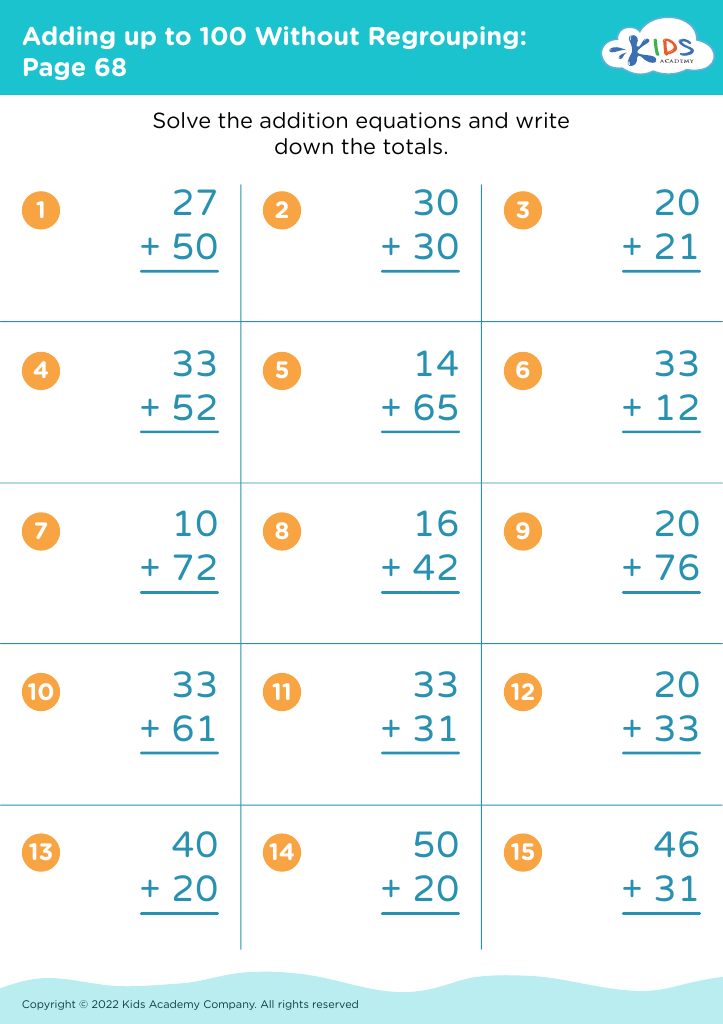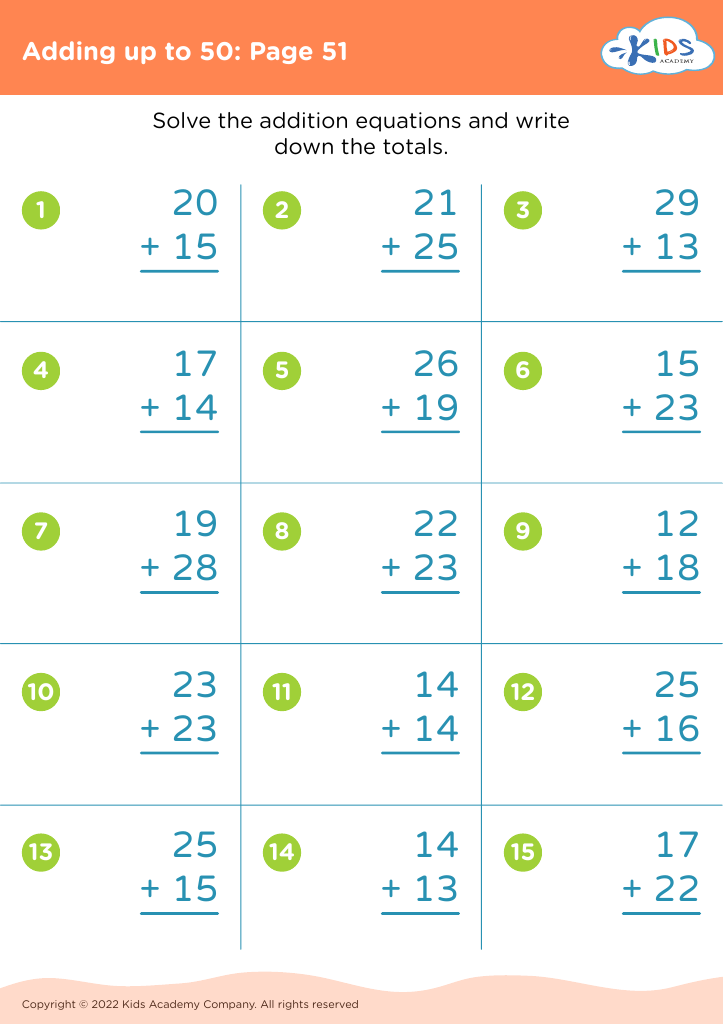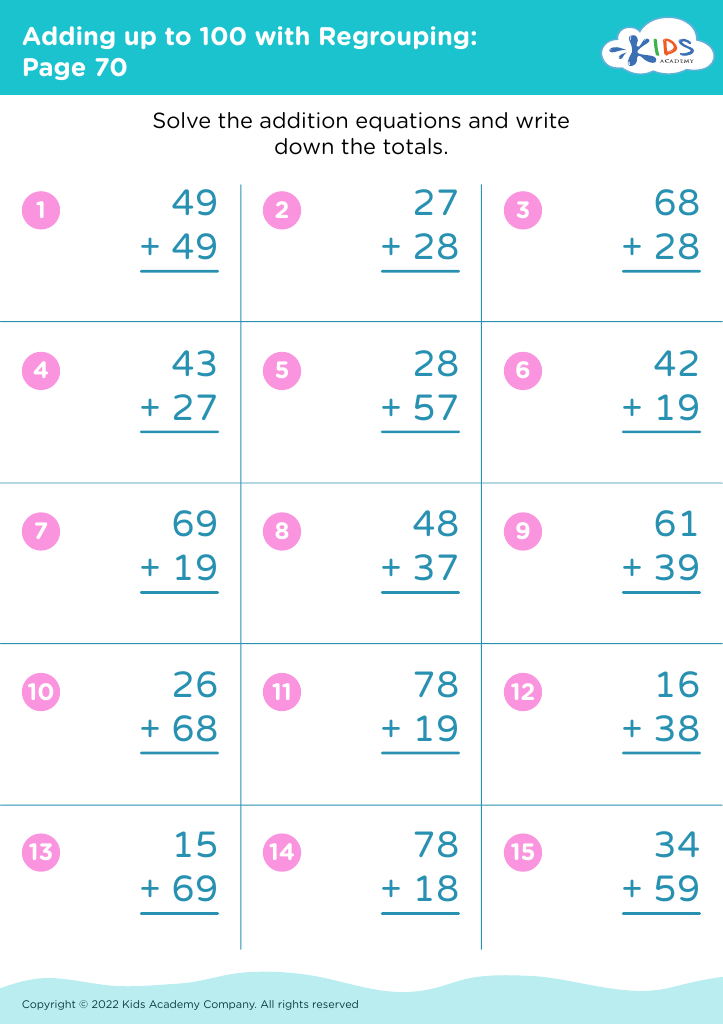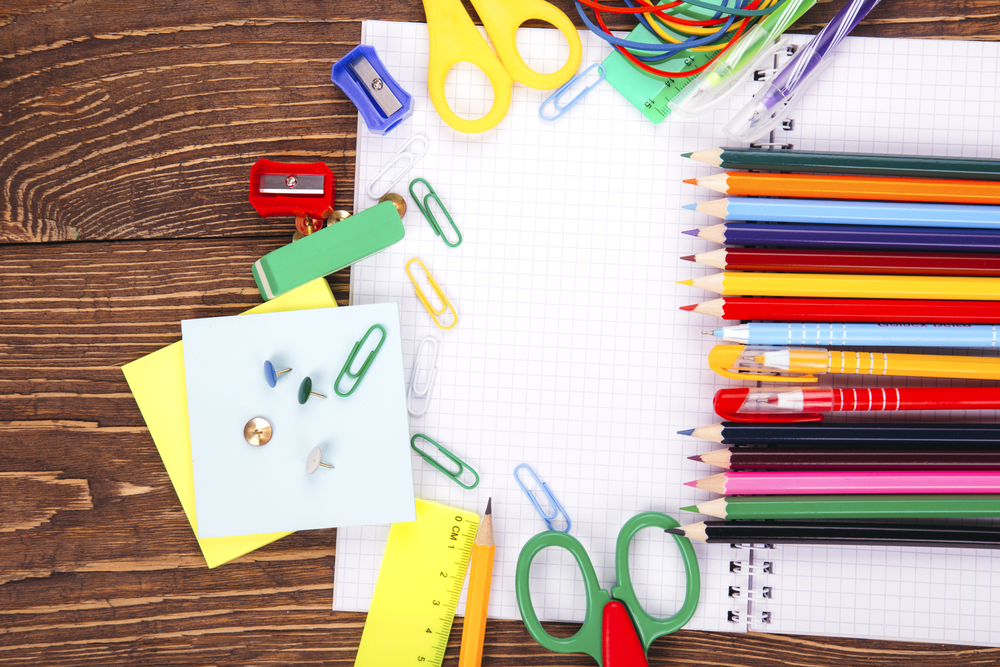Developing problem-solving skills Worksheets for Ages 8-9
8 filtered results
-
From - To
Unlock your child's potential with our "Developing Problem-Solving Skills Worksheets" designed specifically for ages 8-9. These engaging, printable worksheets promote critical thinking and creativity through a variety of challenges, including puzzles, logic games, and real-world scenarios. Tailored to foster resilience and resourcefulness, our activities encourage kids to tackle problems creatively and confidently. Whether in a classroom or at home, these worksheets complement learning by providing practical experience in decision-making and strategy. Help your child become a confident problem solver today—explore our collection and watch them thrive in their cognitive development and academic journey!
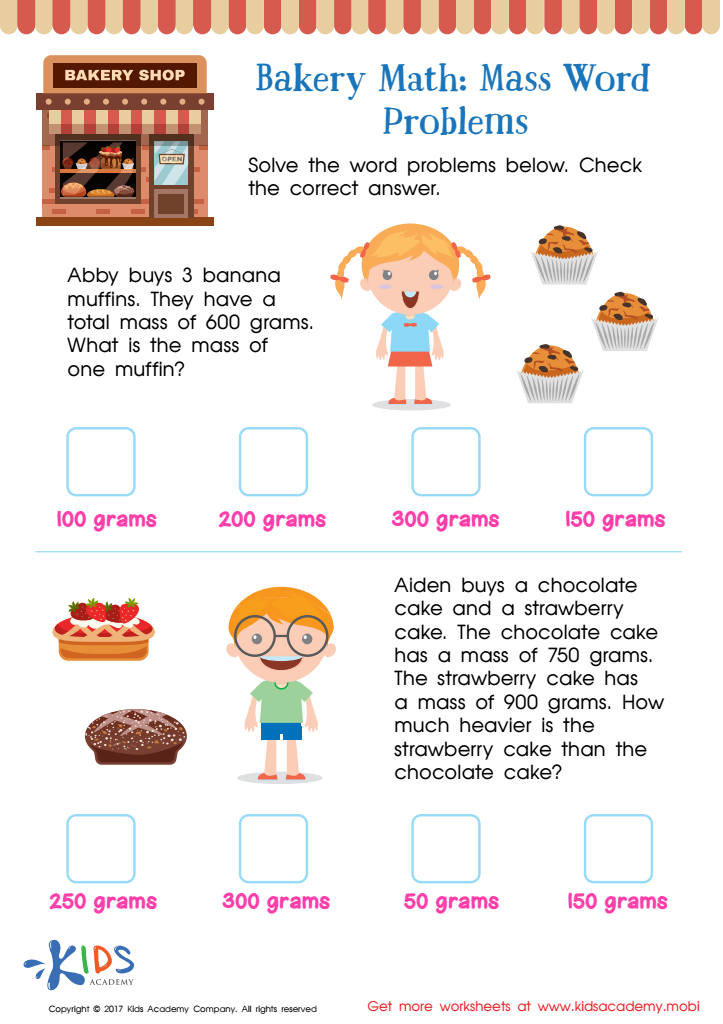

Mass Word Problems Worksheet
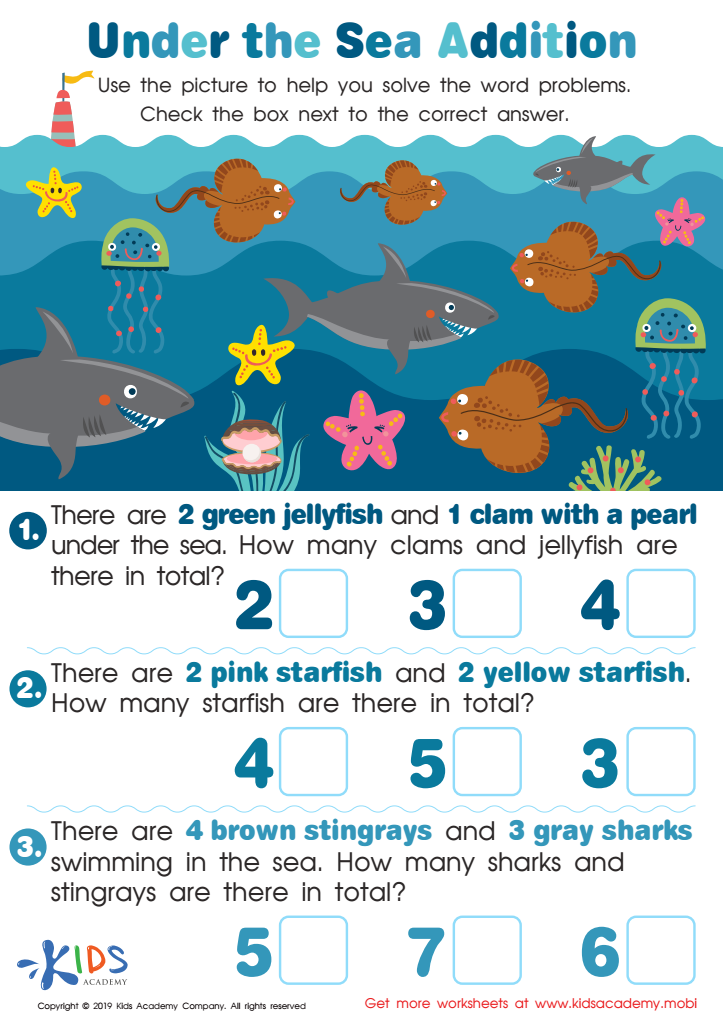

Under the Sea Addition Worksheet
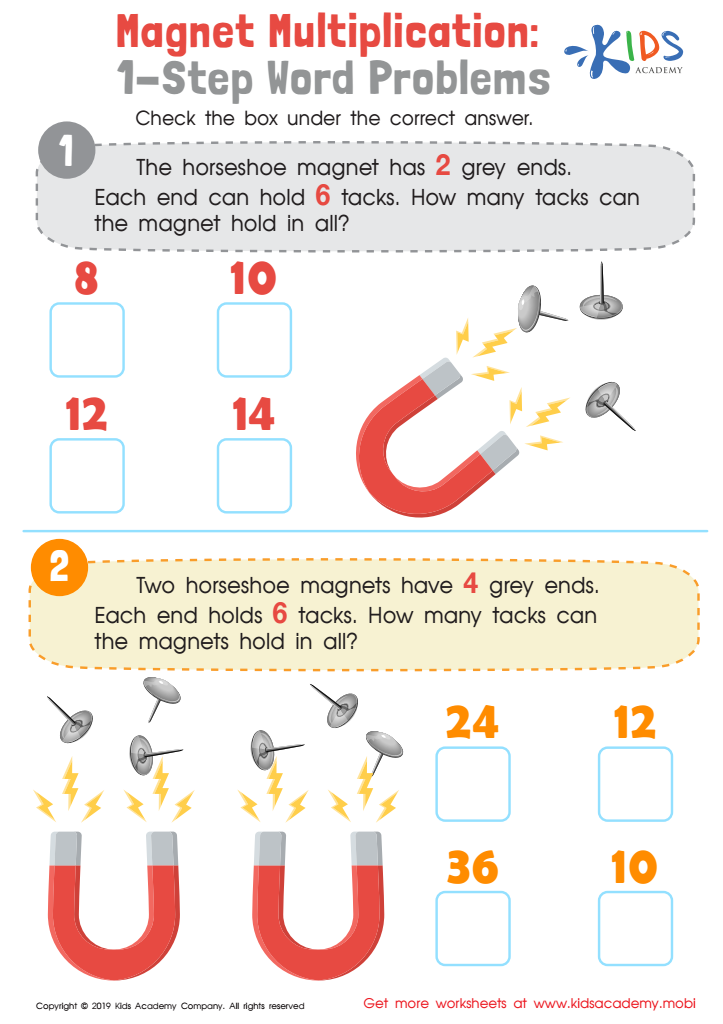

Magnet Multiplication: 1-Step Word Problems Worksheet
Developing problem-solving skills in children aged 8-9 is crucial for their cognitive and emotional growth. At this stage, children are expanding their reasoning abilities and learning to navigate more complex social and academic challenges. Problem-solving skills foster critical thinking, allowing children to analyze situations, evaluate options, and make informed decisions. This process enhances their ability to tackle school assignments, interpersonal conflicts, and even daily challenges, empowering them to approach life with confidence.
Moreover, encouraging problem-solving helps children develop resilience. When faced with obstacles, they learn that mistakes are part of the learning process. By nurturing a growth mindset, children become more adaptable and willing to persevere through difficulties. This emotional intelligence aids their collaboration and communication skills, essential for teamwork in school projects or group activities.
Parents and teachers can facilitate this development by providing engaging puzzles and real-life scenarios for kids to explore. They can also model effective problem-solving behaviors and encourage children to think aloud during the problem-solving process. By prioritizing these skills, caregivers are not only preparing children for academic success but are also equipping them with lifelong skills that will serve them in various aspects of their future.
 Assign to My Students
Assign to My Students

